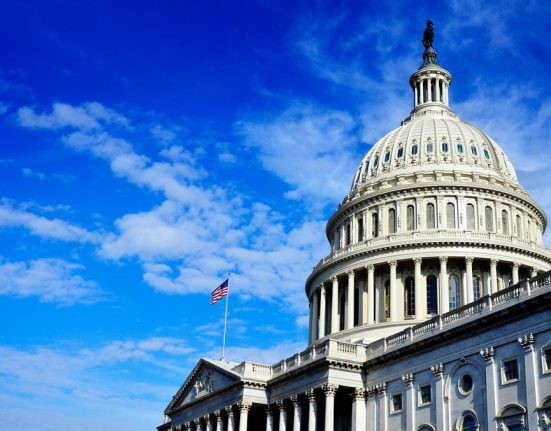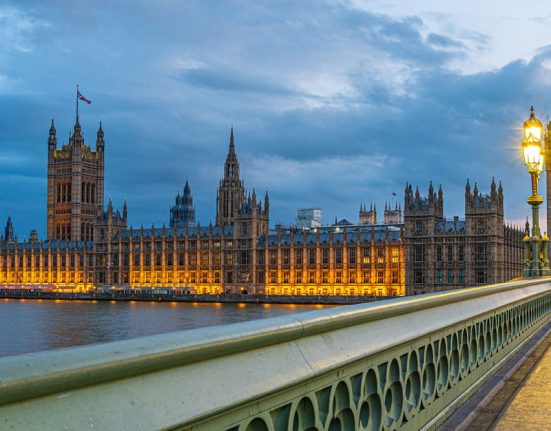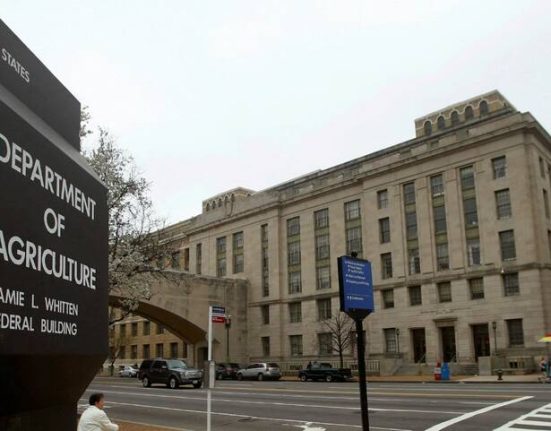The Legislature’s Republican-controlled budget committee violated the Wisconsin Constitution by blocking funds for land stewardship projects, the state Supreme Court ruled Friday.
The 6-1 ruling bars the Legislature’s powerful Joint Finance Committee from stalling or rejecting certain conservation projects overseen by the state Department of Natural Resources through the Knowles-Nelson Stewardship Program. The GOP-controlled committee has made it common practice to kill funding by not acting on specific DNR funding requests, leaving those dollars unspent.
“Today’s decision affirms what we have been saying all along: Republicans have been breaking the law by obstructing stewardship projects that seek to maintain and improve Wisconsin’s conservation heritage,” the budget committee’s four Democratic members, Sens. LaTonya Johnson, of Milwaukee, and Kelda Roys, of Madison, and Reps. Tip McGuire, of Kenosha, and Deb Andraca, of Whitefish Bay, said in a joint statement.
People are also reading…
The court’s four liberal justices, Ann Walsh Bradley, Rebecca Dallet, Jill Karofsky and Janet Protasiewicz, along with conservative Justices Brian Hagedorn and Rebecca Bradley, sided with Gov. Tony Evers in the lawsuit, which the Democratic governor filed directly with the state’s highest court last year.
Writing for the majority, the liberal Bradley the Legislature gave the executive branch the power to distribute stewardship funds through the creation of the Knowles-Nelson Stewardship Program in 1989. While the budget committee has the power to appropriate specific funds, state statutes that allow the committee to block the use of approved funding, including through inaction, “exceeds the legislative power and intrudes upon the executive branch’s authority to execute the law,” Bradley continued.
“This unfettered interference by the committee oversteps the boundaries of legislative authority by arrogating the executive branch’s core power to choose which conservation projects best carry out the statutory purposes of the (stewardship program), Bradley wrote in the decision. “In granting the JFC the ability to stymie the executive branch from carrying out the laws passed by the legislature, the statutes encroach upon the governor’s constitutional mandate to execute the law.”
Chief Justice Annette Ziegler, a conservative, dissented from the court’s decision and raised concern that, while the ruling only applies to the stewardship program, it could have a far-reaching impact on the budget committee’s legislative power.
“The decision of the court today, despite being limited to this particular program and based on separation of power principles, could be perceived as having broader impact on the way Wisconsin government has managed the power of the purse for over 100 years,” Ziegler wrote.
Evers filed the lawsuit in October, alleging that legislative Republicans, who control the state Senate and Assembly, violated the Constitution’s separation of powers by allowing GOP-controlled legislative committees to “impede, usurp, or obstruct basic executive branch functions.”
The process, the Evers argued, effectively creates “legislative vetoes” and allows a small group of lawmakers to change existing state law without passing bills through the Legislature and sending them to the governor.
“Republican lawmakers have spent years giving themselves outsized influence and power that they’ve used to unconstitutionally obstruct basic government functions and prevent my administration from doing the people’s work,” Evers said in a statement. “And that includes preventing the implementation of the Knowles-Nelson Stewardship Program. That ends today.”
Under the Knowles-Nelson Stewardship Program, the DNR awards funds authorized by the Legislature for new conservation projects. But despite receiving the Legislature’s approval, 27 projects have been stalled or blocked since 2019 by the Joint Finance Committee, the lawsuit states. Court documents note the Legislature has authorized the DNR to spend up to $33.2 million in each fiscal year through 2025-26 for land purchases.
Democratic Attorney General Josh Kaul said in a statement the court “has put an end to the legislature’s unconstitutional usurpation of an executive branch function: the expenditure of appropriated funds.”
In his original lawsuit, Evers also argued legislative committees improperly refused to authorize 6% pay raises over the next two years for UW system workers even though Evers and the full Legislature already authorized the raises. The committee’s inaction came after Assembly Speaker Robin Vos, R-Rochester, said the UW system had to either eliminate its diversity, equity and inclusion programs or hand over its power to create university roles to the Legislature.
The state Supreme Court in February agreed to bypass lower courts and take up the case directly, but only to address the stewardship program issue.
The standoff over UW system funding came to an end after system President Jay Rothman, along with UW-Madison Chancellor Jennifer Mnookin, brokered a controversial deal with Vos that would reclassify a third of the UW system’s DEI employees as “student success” employees and freeze new hiring of DEI employees and administrators for three years. In return, legislators approved $740 million in new building projects and released both the withheld $32 million and pay raises for employees.
Photos: Fourth of July Monona Community Festival
Casper Heyn, 13, left, turns on his cousin Issac Humbach, 8, with a hose Thursday at the Monona Community Festival at Winnequah Park.
Raunak Anand and Ella Schienle, both 20, enjoy a carnival ride Thursday at the Monona Community Festival.
A dwindling corps of volunteers put together what was announced last month as the final Monona Community Festival. But a Facebook group has drawn 400 members interested in keeping the Fourth of July tradition alive.
Carnival rides are part of the fun at the Monona Community Festival.
A volunteer shortage and new city fees have left the fate of the Monona Community Festival in doubt.
Tom Carmi, 2, of Monona, rides in a mini car at the Monona Community Festival.
Attendees wander the grounds at Winnequah Park.
Woodwork by Olson and Hoang Crafts is displayed.
Attendees hit golf balls at the Monona Community Festival.
Two women chat in Winnequah Park.







